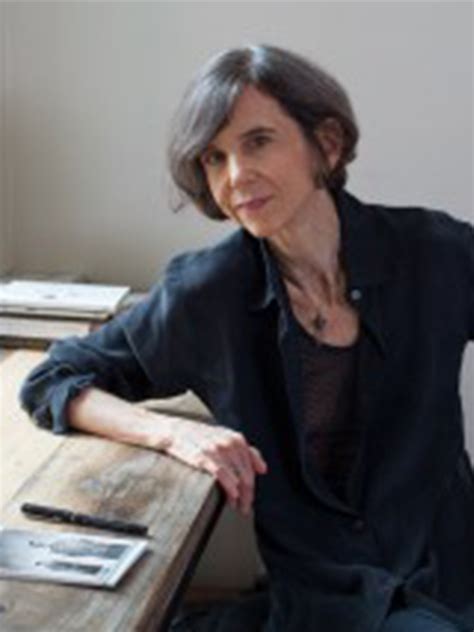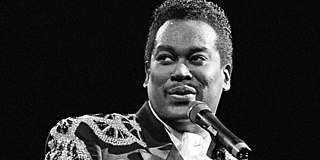A Quote by Sydney Pollack
I'm not a writer myself, so I'm forced to try to get what's a sort of an odour or a colour or something I feel in my head from a writer, and that's a... I don't have a recipe for that process. I don't know what it is... it's different every time.
Related Quotes
I don't really enjoy working in TV, to be completely honest, even though it's incredibly lucrative, I'm just terrified of not being satiated in a myriad of different ways. It's amazing that I get to create every day, as an actor, or a director, or a writer, and I get to do it in a variety of different genres and worlds and characterizations. I think that's the great privilege of what we do, we get to make believe. I get to go to so many different places, try on different occupations, take on different points of view. That's what's always been sort of alluring.
Images work on so many different levels. As a writer you feel them, try not to get in their way or narrow them down to anything other or less complex. A writer is a curator of sorts - once you've brought the images together you try to stand at a respectful distance and let them speak for themselves. Try not to mess with their ambiguities and contradictions. They are what they are, irreducible. This is their integrity.
One of the most useful parts of my education as a writer was the practice of reading a writer straight through - every book the writer published, in chronological order, to see how the writer changed over time, and to see how the writer's idea of his or her project changed over time, and to see all the writer tried and accomplished or failed to accomplish.
As every writer knows... there is something mysterious about the writer's ability, on any given day, to write. When the juices are flowing, or the writer is 'hot', an invisible wall seems to fall away, and the writer moves easily and surely from one kind of reality to another... Every writer has experienced at least moments of this strange, magical state. Reading student fiction one can spot at once where the power turns on and where it turns off, where the writer writes from 'inspiration' or deep, flowing vision, and where he had to struggle along on mere intellect.
It's great to win a few prizes early on. It helps a writer to get noticed and to get some sales. It can also be a pain in the arse because it gets in the way of the quiet, contemplative time every writer needs, but which is particularly important when you are a new writer finding your own voice, and pursuing the things that interest you.
It's not possible to advise a young writer because every young writer is so different. You might say, "Read," but a writer can read too much and be paralyzed. Or, "Don't read, don't think, just write," and the result could be a mountain of drivel. If you're going to be a writer you'll probably take a lot of wrong turns and then one day just end up writing something you have to write, then getting it better and better just because you want it to be better, and even when you get old and think, "There must be something else people do," you won't be able to quit.
But the writer who endures and keeps working will finally know that writing the book was something hard and glorious, for at the desk a writer must try to be free of prejudice, meanness of spirit, pettiness, and hatred; strive to be a better human being than the writer normally is, and to do this through concentration on a single word, and then another, and another. This is splendid work, as worthy and demanding as any, and the will and resilience to do it are good for the writer's soul.
When I look at Perfidia, I think, "That's a Pulitzer Prize winner. That's a National Book Award winner." It's not going to get it. It's going to be shelved in crime and it's just the way it is. I've done something that no one else has ever done; I've started out as a mystery writer, a police writer, and a crime writer, and I became something entirely different.
The characters created cannot just be a mouthpiece for the writer. When you look at a piece of writing, and it's genuine and it doesn't feel like every character is just a mouthpiece for the writer, but that they've been created in such a way that they're expressing an idea that a writer wants to get across, that's when a story succeeds.
I say "on principle" [regarding 'lesbian writer'] because whenever you get one of your minority labels applied, like "Irish Writer," "Canadian Writer," "Woman Writer," "Lesbian Writer" - any of those categories - you always slightly wince because you're afraid that people will think that means you're only going to write about Canada or Ireland, you know.






































